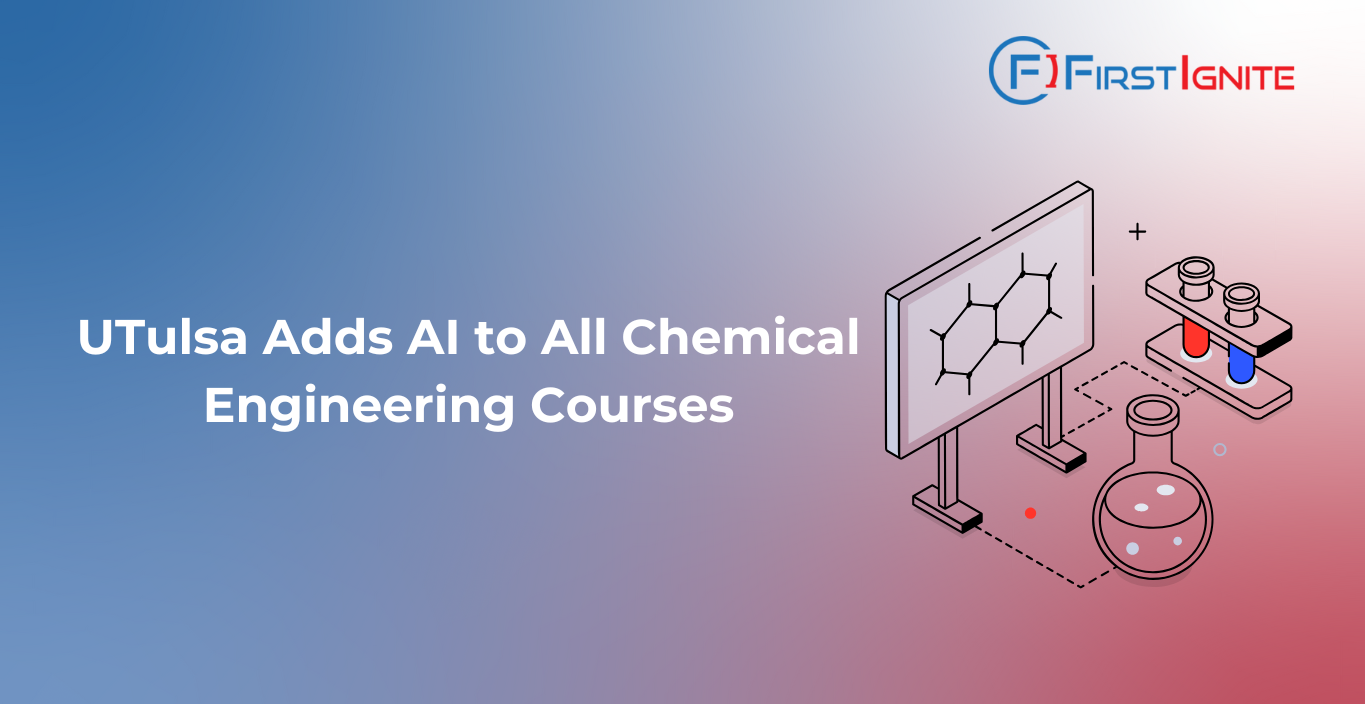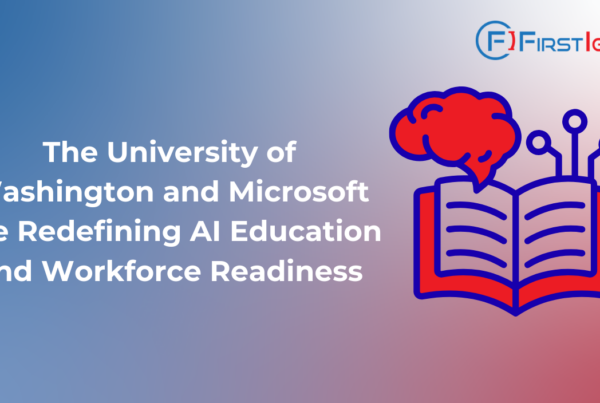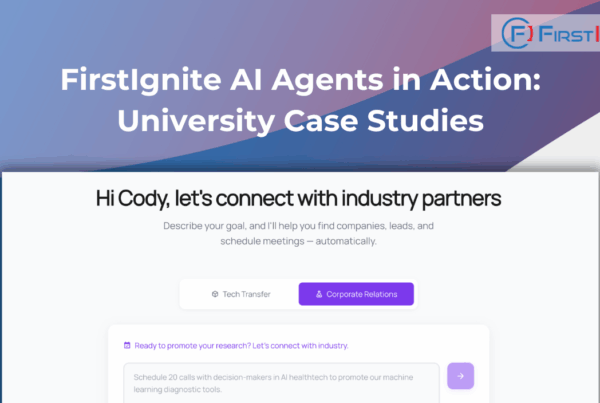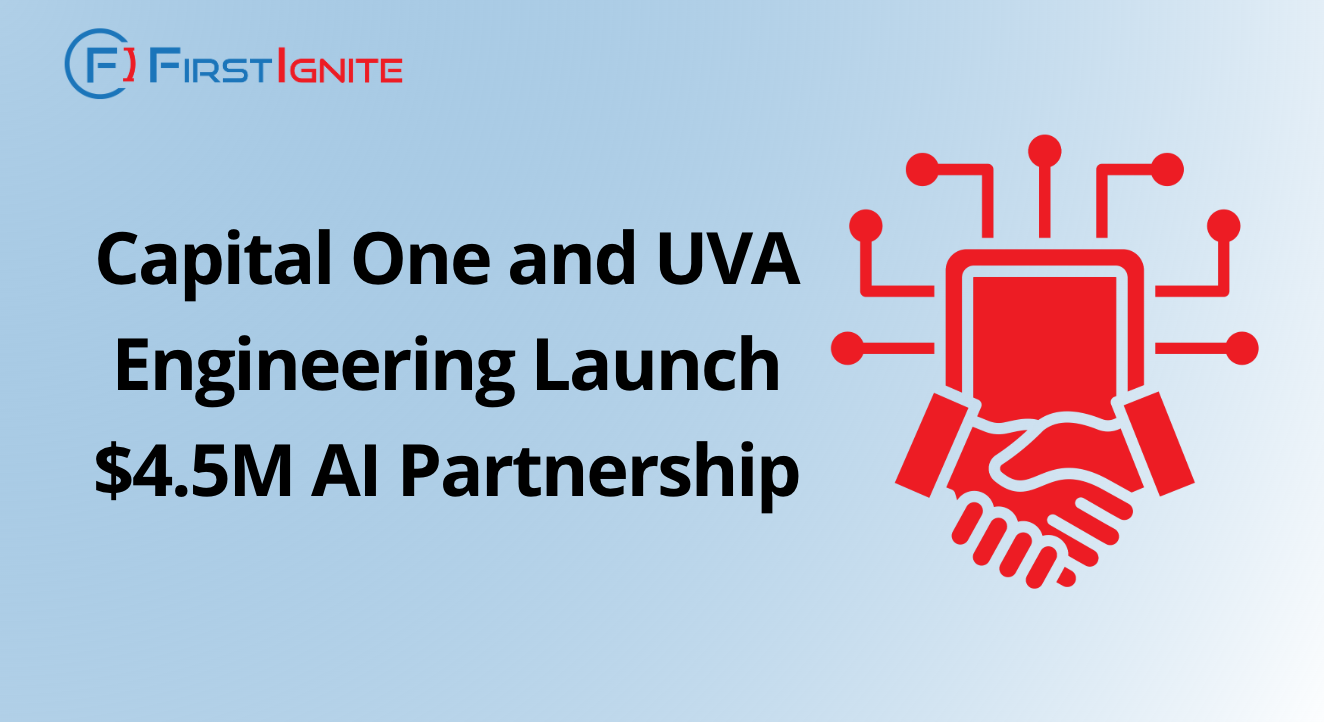
The University of Tulsa (UTulsa) is setting a new benchmark in AI in Chemical Engineering at UTulsa by fully integrating artificial intelligence (AI) into its curriculum, starting in the spring semester of 2025. With this initiative, UTulsa’s Russell School of Chemical Engineering aims to equip students with cutting-edge AI skills, preparing them to tackle real-world engineering challenges and lead in an evolving industry.
This bold move positions UTulsa as a pioneer in bringing AI-driven learning to every aspect of chemical engineering. But what exactly does this mean for students, the curriculum, and the future of engineering education? Here’s a closer look at UTulsa’s groundbreaking initiative and its potential impact.
Transforming Chemical Engineering Education with AI
Artificial intelligence is revolutionizing industries, including chemical engineering. At UTulsa’s Russell School of Chemical Engineering, AI-focused assignments are integrated into every course, enhancing skills in problem-solving, process design, and data analysis. “AI is transforming the way engineers approach complex problems,” said Dr. Tyler Johannes, Chair of Chemical Engineering. To ensure students are industry-ready, the program’s impact will be assessed using ABET Student Outcomes, covering problem-solving, communication, ethics, and lifelong learning.
The Role of AI in Advanced Engineering Courses
UTulsa is expanding its AI presence by launching a new elective course, AI in Chemical Engineering, in fall 2025. Developed by Daniel Crunkleton, Ph.D., the course offers hands-on experience with AI tools for process modeling, optimization, and data-driven decision-making. According to Dean Andreas A. Polycarpou, Ph.D., the goal is to integrate AI seamlessly across curricula, making it a core part of every course. This elective aims to enhance students’ technical skills and prepare them for real-world challenges in AI-driven engineering.
A New Era for Core Courses
The integration of AI has transformed ChE 4103 Process Component Design into ChE 4103 AI Applications in Process Design, focusing on using AI to optimize chemical engineering systems like heat exchangers, distillation columns, and reaction vessels. This updated course equips students with practical skills to enhance efficiency, reduce costs, and develop sustainable solutions, preparing them for success in an AI-driven workforce.
Why UTulsa Is Poised for Success
What makes UTulsa stand out in its approach to AI integration? Unlike many larger institutions, UTulsa’s smaller size and focus on personalized education give it a unique advantage. Faculty members have the capacity to directly mentor students and tailor courses to fit their evolving needs.
This focus on adaptability allows UTulsa to quickly respond to industry trends, ensuring that its graduates are equipped with the skills most in demand. With the chemical engineering program placing AI at the center of its curriculum, UTulsa is not only preparing students for the present but also shaping the future of engineering education.
Leading the Way in AI Education
Through its forward-thinking approach, UTulsa is carving a niche as a leader in AI-driven engineering education. By bridging the gap between traditional chemical engineering practices and advanced AI applications, the university is giving its students a clear competitive edge.
Students graduating from this program won’t just enter the workforce; they’ll stand apart as innovators with in-depth expertise in how AI transforms chemical engineering.
Take Your Program to the Next Level
If you’re looking to highlight your organization’s forward-thinking projects or explore how AI can be integrated into your program, contact FirstIgnite today. Together, we can shape the next generation of education.




